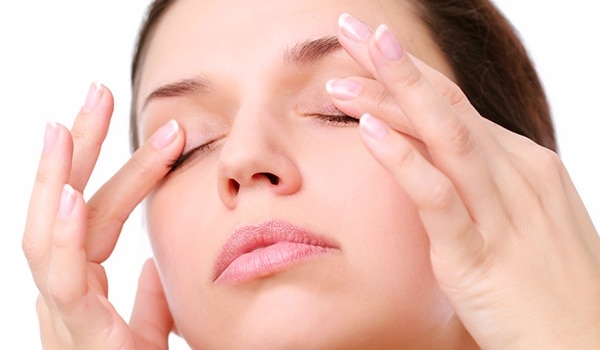The skin is more exposed than any other part of the body to radiation sources of toxicity. Radiation leads to electron depletion and oxidative stress, and antioxidants like vitamin C are critical to protecting and repairing skin every day.
However, a vitamin C serum is not a substitute for sunscreen. A physical filter, which is often included in sun creams, is much better suited for everyday use. A vitamin C care product should always be the basis under the sunscreen. The optimal effect of vitamin C in the serum is guaranteed when it is applied first. Vitamin C is also a good remedy for sunburn.
In addition, to minimize redness, vitamin C speeds up cell renewal. This means: Damaged cells are replaced more quickly by healthy cells. A study has shown that the use of vitamin C can accelerate overall wound healing. And healthy wound healing, in turn, reduces the risk of inflammation, infection, and scarring.
How do I find the right product?
The beauty market with vitamin C products is booming. Masks, peelings, facial cleansing, serums – it’s easy to lose track of things. You can’t say that one product is superior to the other. Some of the products also complement each other. The good thing about vitamin C products is that they are kind to the skin, so you can’t overdose on them. Only in rare cases can people with hypersensitive skin experience slight irritation. Those with particularly sensitive skin should avoid products containing L-ascorbic acid and instead use products containing magnesium ascorbyl phosphate, which are less irritating to the skin.
The more orange the texture the better.
That’s not true. An orange tint is mostly due to the oxidation of the product, for example, if the product has not been stored properly. In general, unless otherwise advised, all vitamin C formulations should be stored refrigerated, and sometimes refrigerated.
Does vitamin C help against pigment disorders?
Hyperpigmentation including sun spots, age spots, and melasma occurs when melanin is overproduced in certain areas of the skin. It can also appear in areas where the acne has healed. Can vitamin C reduce these pigment disorders, ie brown spots on the skin? Yes indeed. A scientific study shows that the use of vitamin C impedes melanin production. This can help fade dark spots and result in a more even complexion.

